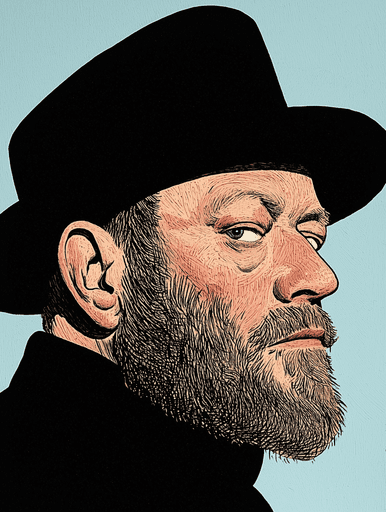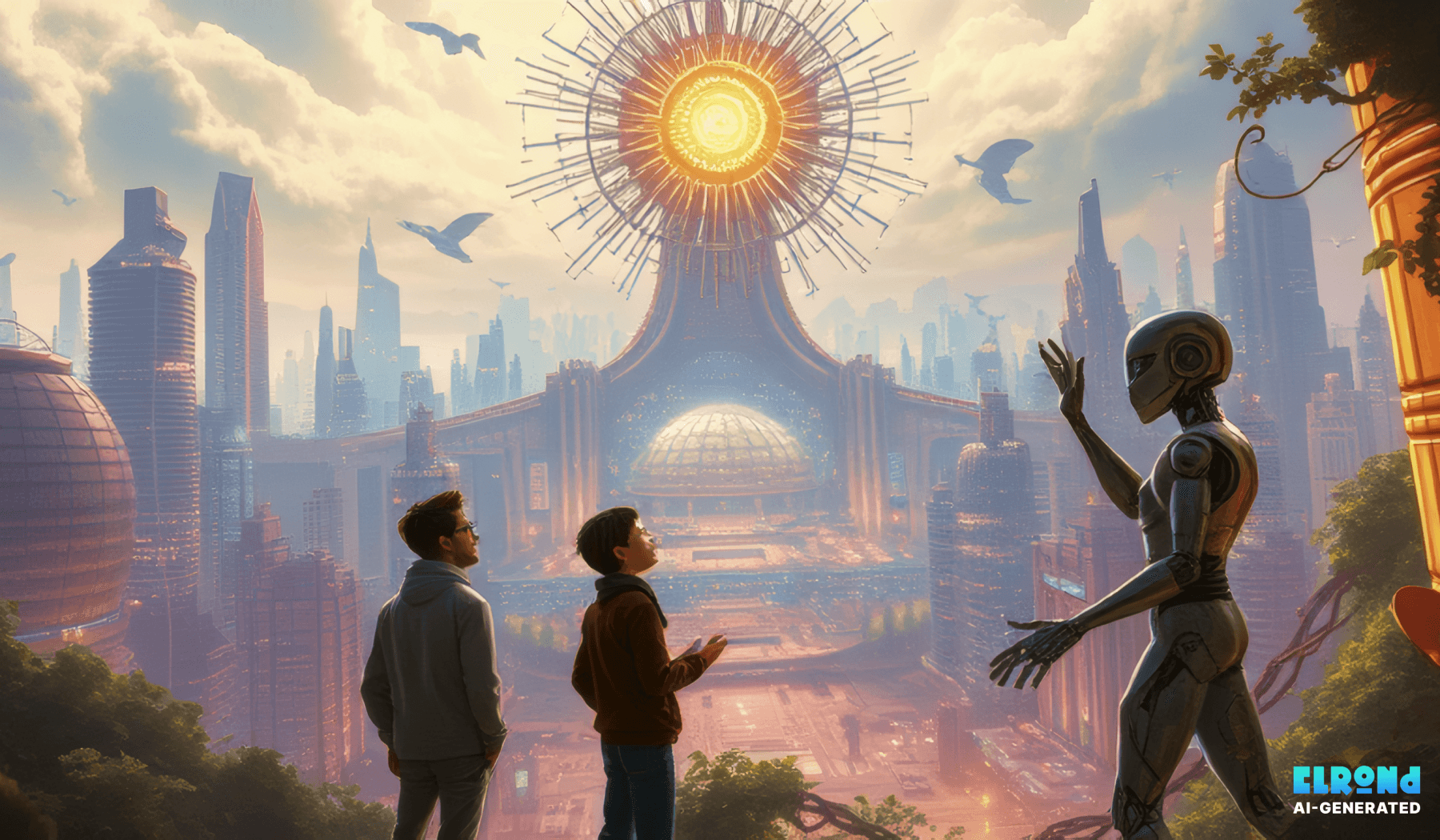Science fiction's portrayal of AI offers a glimpse into the future.
Artificial intelligence (AI) has long been a fascinating subject in science fiction literature, serving as both a tool for futuristic exploration and a symbol of humanity’s greatest hopes and fears. From the sentient robots of I, Robot to the post-apocalyptic androids in Do Androids Dream of Electric Sheep?, AI has been an essential part of the genre, challenging our understanding of what it means to be human, and what the future of technology could bring.
Isaac Asimov’s I, Robot introduced the Three Laws of Robotics, a framework designed to ensure ethical behavior in AI. Asimov’s work doesn’t just explore robots as machines but delves deeply into their relationship with humans, highlighting the complexities of trust, autonomy, and moral responsibility. His robots are not only intelligent but also capable of making decisions, prompting readers to question the limits of machine consciousness. While Asimov’s vision of AI is optimistic, he acknowledges the deep ethical questions that arise as robots become more integrated into society.
Philip K. Dick’s Do Androids Dream of Electric Sheep? takes a more cynical view, where AI is not governed by laws, and humans are left to deal with the consequences of creating beings with emotions and desires. In Dick’s world, androids are indistinguishable from humans, raising questions about the nature of reality and identity. The novel explores themes of empathy, humanity, and the inherent dangers of creating beings who may outgrow their creators.
More recent works, like The Expanse series by James S. A. Corey, introduce AI as both an ally and a potential threat, reflecting contemporary concerns about the role of AI in global politics, space exploration, and warfare. These modern depictions are grounded in the advancements we are seeing in AI today, such as autonomous drones and self-learning algorithms. The question of whether AI will be a servant or a master remains as relevant now as it was when Asimov and Dick wrote their stories.
As AI technology continues to evolve, science fiction offers us a lens through which we can anticipate the moral, social, and psychological implications of living with machines that may one day surpass us in intelligence. Will AI enhance human society, or will it challenge our very existence? These questions, posed through the lens of fiction, help us grapple with the potential realities of tomorrow’s technology.
In the real world, AI is already transforming industries, from healthcare to finance to entertainment. Yet, as we develop smarter algorithms, the line between artificial and human intelligence becomes increasingly blurred. The challenge for humanity, as explored through the pages of science fiction, is how to ensure that as we create intelligent machines, we do not lose sight of our own humanity. Ultimately, science fiction serves as both a warning and a guide, offering both cautionary tales and hopeful visions for the future of AI.

